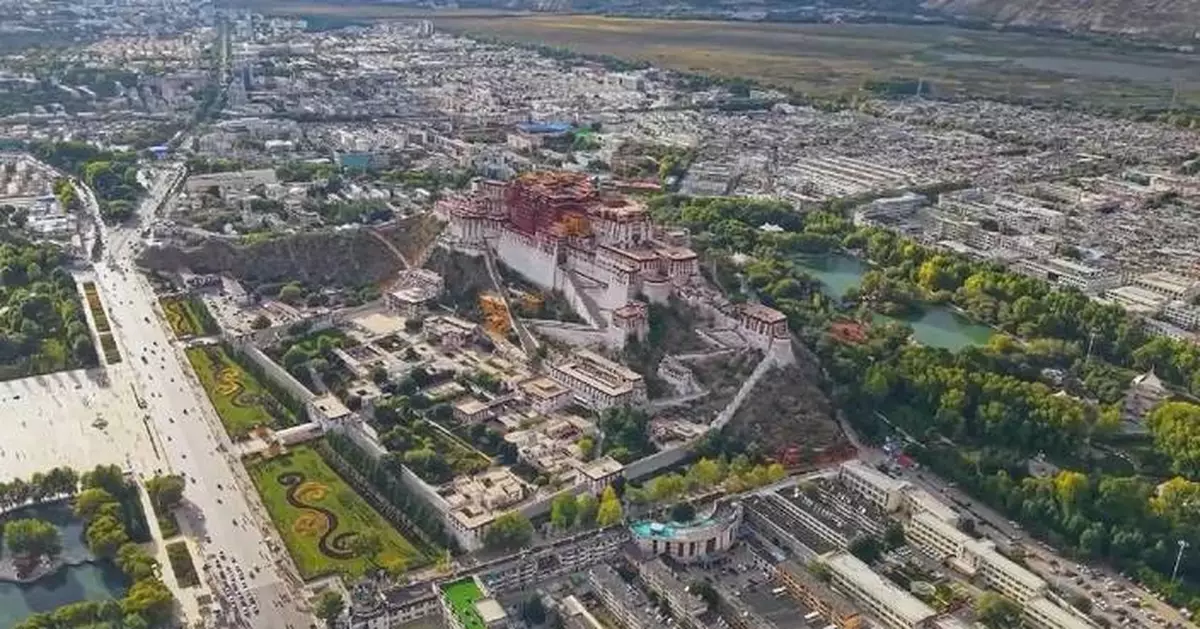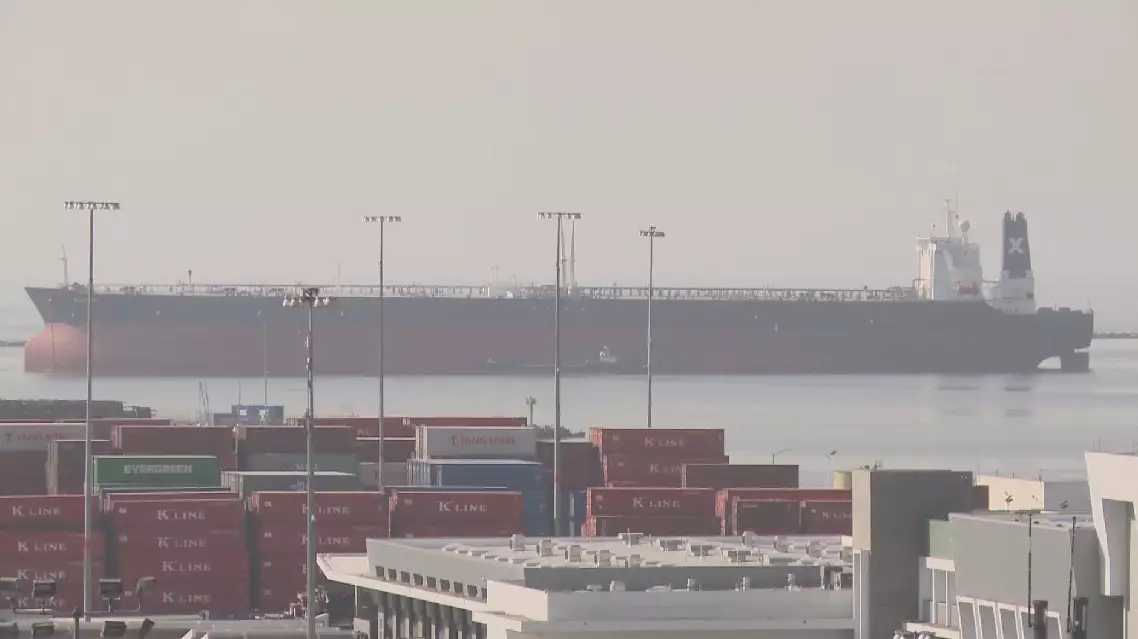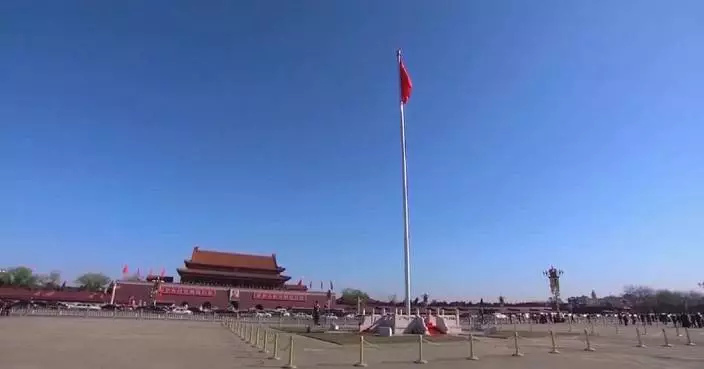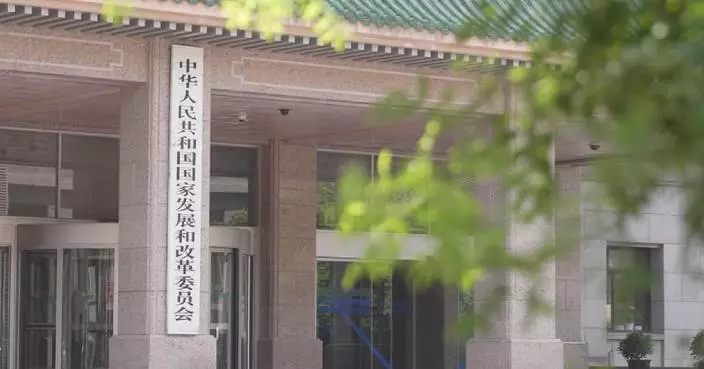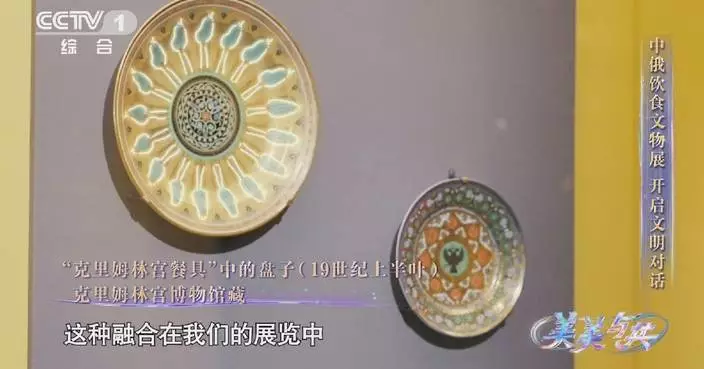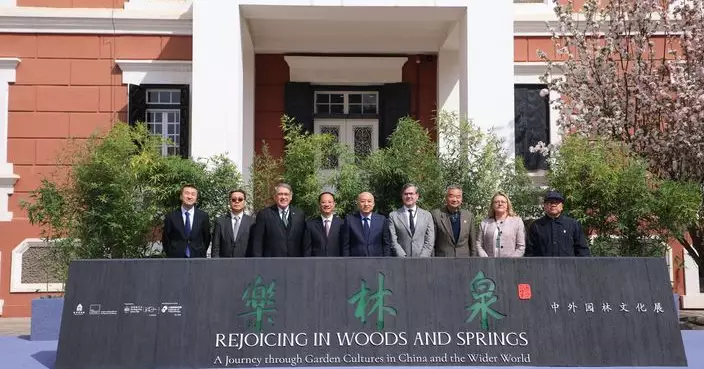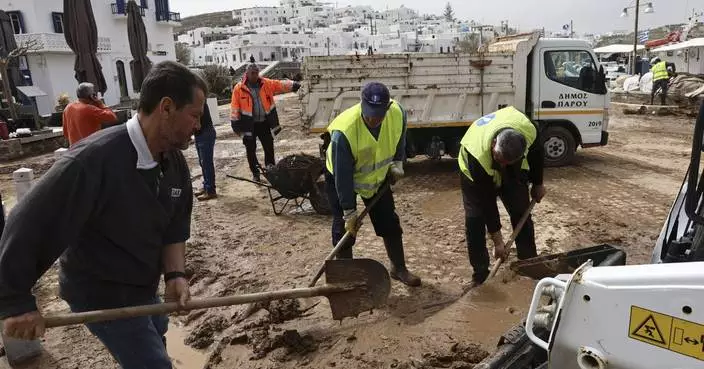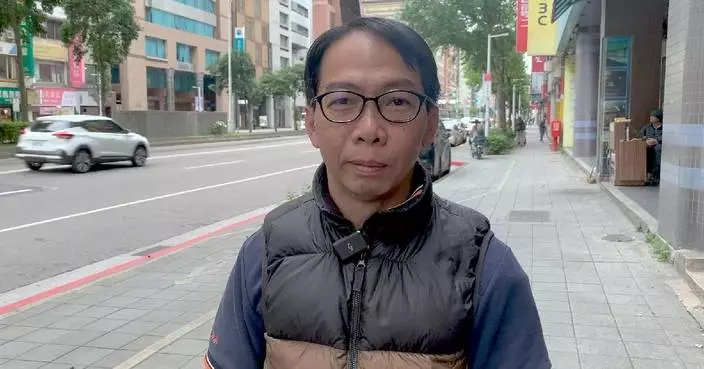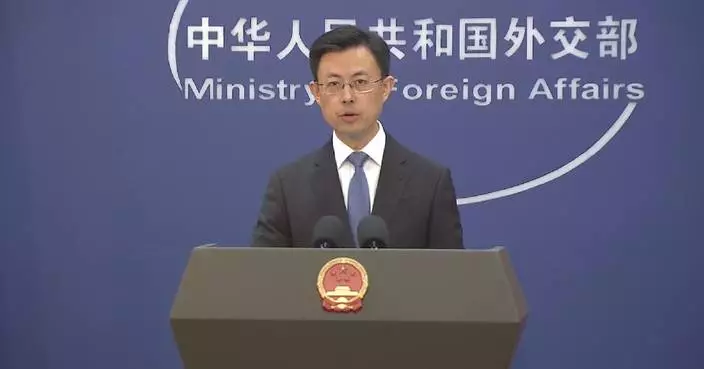Southwest China's Xizang Autonomous Region made remarkable strides in enhancing the people's well-being and boosting the region's economic development, according to the white paper released by the State Council Information Office (SCIO) on Friday.
As this year marks the 60th anniversary of the founding of Xizang Autonomous Region, and Friday marks the anniversary of the liberation of millions of serfs in Xizang, the SCIO has issued a white paper entitled "Human Rights in Xizang in the New Era".
With extensive data and objective facts, the white paper presents a complete picture of all-round progress in Xizang's human rights cause since its peaceful liberation, especially in the new era.
The white paper highlights the Communist Party of China (CPC) and the Chinese government's commitment to improving the region's economy, enhancing living standards, promoting ethnic unity, and safeguarding the basic rights of all people in Xizang.
Since the 18th National Congress of the CPC in 2012, respecting and protecting human rights has been an integral part of the Party Central Committee's governance strategy for the region, the white paper noted.
With an area of over 1.2 million square kilometers, Xizang plays a vital role in China's national security. The region has over 40,000 deputies at people's congresses across four administrative levels, with more than 89 percent representing Tibetan and other ethnic minority groups, the document said.
By the end of 2019, over 600,000 registered impoverished residents in Xizang had been lifted out of poverty. In 2024, the per capita net income of those who emerged from poverty increased by more than 12 percent, demonstrating sustained improvement in living conditions.
Environmental protection has also been prioritized. According to the white paper, Xizang has established 47 nature reserves covering over 400,000 square kilometers. The region is home to more than 1,000 terrestrial wild vertebrate species and nearly 250 wild animal species under special state protection. From 2016 to 2024, Xizang created over 500,000 eco-friendly jobs annually.
Additionally, the region has made every effort to fulfill the religious needs of believers, including approximately 46,000 Buddhist monks and nuns, 12,000 Muslims, and over 700 Catholics, underscoring its commitment to safeguarding freedom of religious belief.
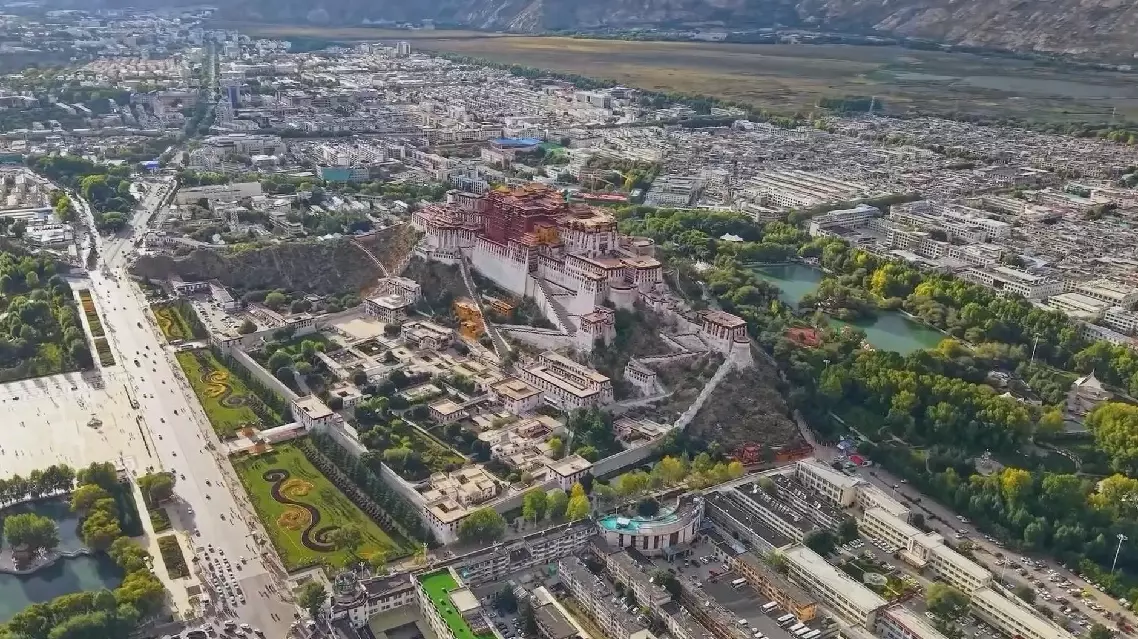
Xizang makes remarkable strides in enhancing people's well-being, boosting economy: white paper


